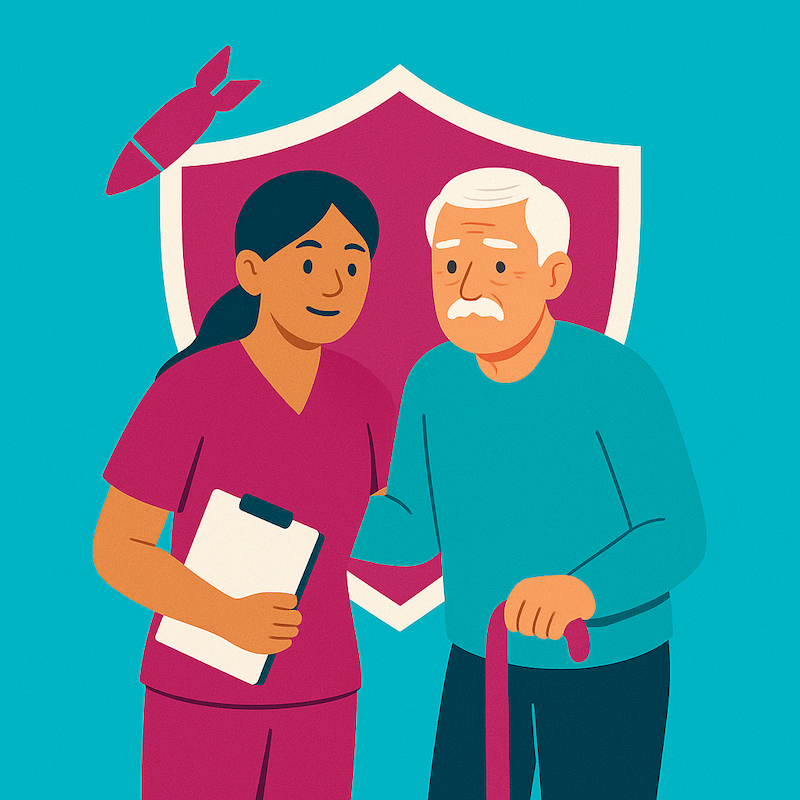Tips to Prevent Accidental Overdose in Senior Patients
iSavta | 24.05.2021

Accidental overdose can be very dangerous especially in the case of senior patients.
People more than 65 years old have more than 14 prescription medications on average in a year. This is what puts them at a higher risk of negative side effects of drugs and overmedication.
It is a very serious concern. Studies revealed that people more than 65 years of age are twice as likely to be taken to the emergency room due to harmful drug reactions with 7 times more chances of being hospitalized.
Thankfully, it is possible to prevent most of these adverse drug reactions.
To lower the risks of accidental overdose and its dangerous side effects, here are a few tips to help you prevent this problem among senior patients.
Ask Before Anything Else
Always check with the pharmacist or doctor of your patient before you let them take any OTC or over-the-counter drug, supplement, or vitamin since these may interact with their prescription medications. These OTC medications may also lead to serious side effects in senior patients or result in accidental overdose.
Create and Update the Medication List
Always keep and update the list of all the medications that your senior patients take, the doses, and when they should be taken. Make sure you include any OTC supplements, drugs, herbals, vitamins, or other remedies.
Keep your own copy of this list and share it and its updates with their family and doctors. Have the list with you during medical appointments and keep this handy in case of emergencies.
Review All Medications
Ask the primary doctor of your senior patient to review the list of all medications, vitamins, and supplements one or two times a year.
Some might not be needed anymore or the dose can already be lowered. Make sure to ask if every medication is still necessary at the present dose.
Raise Questions
If there is a change in dosage or a new medication has been prescribed, always ask why. Check the new medications for possible drug interactions with current medications particularly if your senior patient is taking more than 5 medications.
Know the purpose of each medication and the signs that it is working. You also need to be aware of the side effects you should watch out for.
You should also be aware of how and when the medication must be taken and what should be done if you miss a dose. Learn if this will affect other medical conditions of your senior patient and if there is an available lower-cost or generic brand version.
Organize All Medications
It is essential to stay organized as far as medications are concerned. You can use a pill organizer or you can also ask for tips from the pharmacist on how to keep track of medications. For senior patients with vision problems, you can also request the pharmacist to have the medication bottles printed with larger labels.
Make sure your senior patients take their medicines just exactly as prescribed by the doctor. Make sure that you and your patient also understand when, how, and for how long they should take the medication to prevent accidental overdose.











